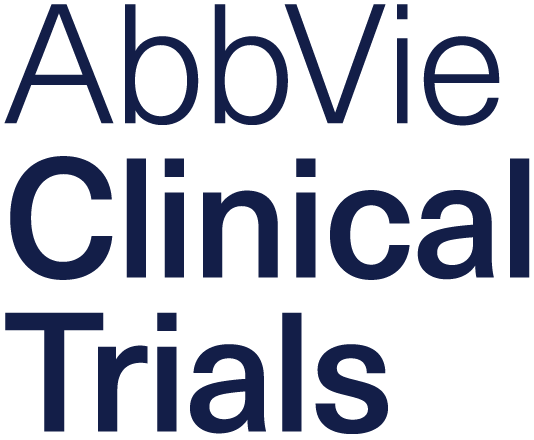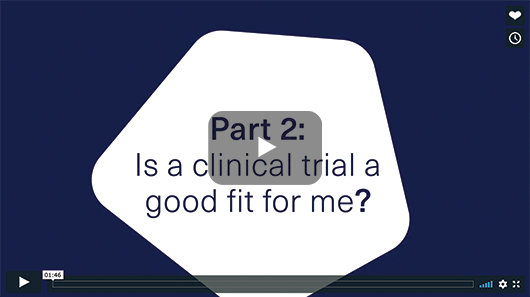Clinical trial safety is the chief concern of researchers and clinicians who oversee clinical trials. Most participants want to know “How safe are clinical trials?” No drug is 100% safe for everyone, which is why making a decision to join a clinical trial should be made in consultation with your doctors and caregivers to determine the level of risk you are willing or recommended to take. Understand that the drug you take may be an investigational drug, and its full effects are not yet understood.
For more information on the potential risks and benefits of clinical trial participation, read Benefits and risks of participating in a clinical trial
ARE CLINICAL TRIALS SAFE?
If you ask your doctor, “Are clinical trials safe?”, they may tell you that the goal of all medical professionals involved in organizing and conducting a clinical trial is to ensure the safety of participants. There are many safeguards to protect potential participants. The following are important ways in which clinical trial participants are protected:
Pre-clinical testing:1 Before any clinical trial involving people is considered, all investigational drugs are studied heavily in animals. While animals are not people, testing a new drug on animals can provide hints about the side effects and toxicity that may be seen in humans.
Early phase testing:2 After getting enough data to justify to the FDA that investigation in humans can safely be conducted, a phase 1 trial is initiated. This small trial involves a small number of participants, usually healthy volunteers. The purpose of conducting these small trials is to minimize any risk of potential unforeseen side effects in humans. After phase 1 and 2 trials are complete, clinical trials on a larger scale, involving hundreds or thousands of patients are carried out. For more information on the different types of trials, read Clinical Trial Phases.
Monitoring agencies:3 During the planning phases for any clinical trial involving humans, the protocol is reviewed internally and by an institutional review board at every study site. The board is made up of doctors and laypeople and assures that the welfare of all human subjects is protected and the research is done ethically. While a clinical trial is going on and data are collected, the data safety monitoring committee will review results. If they determine that the study treatment is not working or is harmful to participants, they will stop the trial.
Prior to enrolling in a trial, you are also entitled to ask about clinical trial safety. After getting this information, you will be asked to sign a consent form to participate. This is called “informed consent” and it is NOT a contract. Rather, it is in place to make sure that you are aware of all risks associated with a clinical trial.3
For more information on informed consent, read Patient's rights and ethics.
ARE CLINICAL TRIALS A LAST RESORT? DISPELLING A COMMON MYTH
Are clinical trials a last resort? Some participants may think that participating in a clinical trial means that they are “giving up.” In some cases, clinical trials may be focused on studying specific participants for which all other available treatments have failed. By contrast, others may focus on participants who have not received any treatment at all and are at an early stage of their disease.4
Certain trials may not be right for all patients, but if you find a trial that is 1) right for you and 2) looking for participants like you, you will have access to and receive state-of-the-art investigational treatment, expert study-related medical care, and regular monitoring of your condition.4


